|
|
|
Our global village
|
|
Our editors held their annual staff meeting in Toronto this week. It's a great time for us to get together and talk about ideas for The Conversation Canada/La Conversation Canada for the coming year. During the meeting, we all agreed that as traditional journalism continues its downward trend, it's invigorating to be part of a new journalism model that’s growing – not just here, but around the world.
For your weekend reading pleasure, I’ve included some of my favourite reads from each global edition of The Conversation. And if you’re not fluent in all of these languages (I’m certainly not), make use of the translate feature on your web browser to get some insight on issues and ideas that are happening in other parts of the world.
Have a great weekend and we’ll be back in your Inbox on Monday.
|
|
|
The Conversation Canada
|
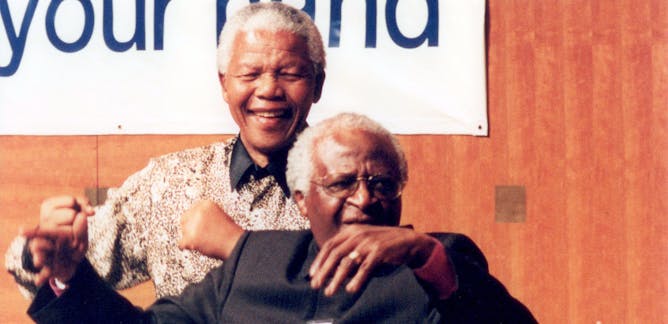
Bonny Ibhawoh, McMaster University
Wherever there is an ugly, unresolved injustice pulling at the fabric of a society, there is an opportunity to haul it out in public and deal with it through a truth commission.
| |

Sarah Giles, University of Ottawa; Danyaal Raza, University of Toronto; Rupinder Brar, University of British Columbia
A two-tier, for-profit health-care system will not end "hallway medicine" in Ontario or elsewhere; evidence from around the world shows that private payment increases wait times for the majority.
|
|
|
La Conversation Canada
|

Bonnie Campbell, Université du Québec à Montréal (UQAM)
Pour contrer l'insécurité, le secteur minier, principale source de revenus au Burkina Faso, peut faire beaucoup mieux en redistribuant la richesse, en créant des emplois et en stimulant l'achat local.
| |

Catherine Régis, Université de Montréal
Difficile de ne pas se laisser séduire l'IA et ses promesses de soins et de services de santé hautement efficaces, adaptés à nos besoins individuels et accessibles. Mais il y a plusieurs... mais.
|
|
|
The Conversation US
|
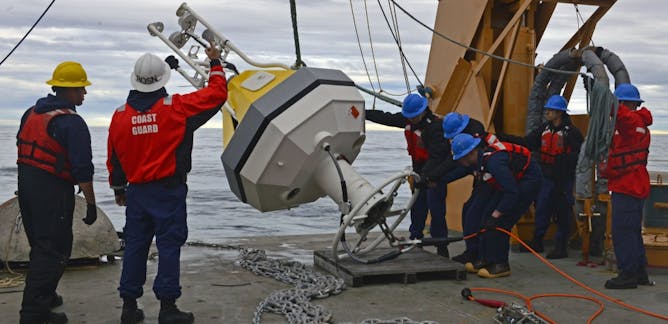
Nicholas Bond, University of Washington
Lots of academic scientists collaborate with federal employees and resources on their research projects. And at the moment they can't. A climatologist explains the bind they're in.
| |
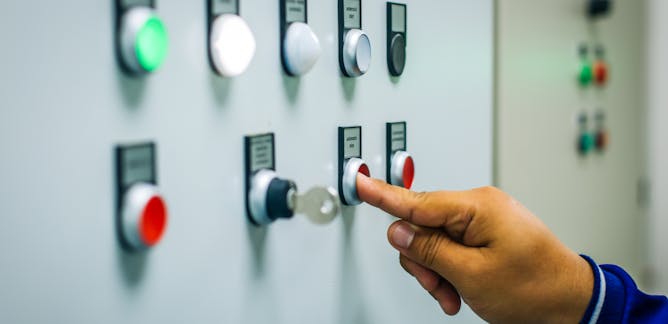
Rachel Plotnick, Indiana University
Buttons don't always make things easier – and using them can be fraught with peril and troubling power dynamics.
|
|
|
The Conversation Australia
|
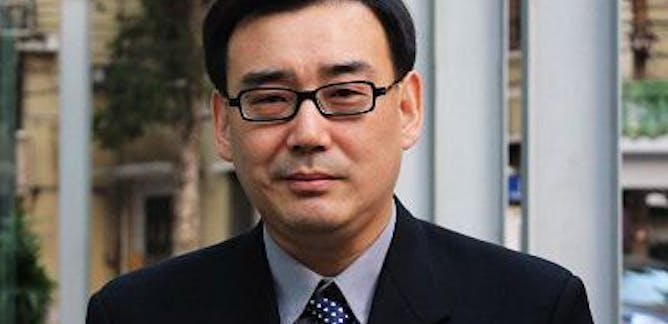
Tony Walker, La Trobe University
The unexplained detention of author and diplomat Yang Hengjun has raised more questions about the motives of a Chinese government under stress from within and without.
| |
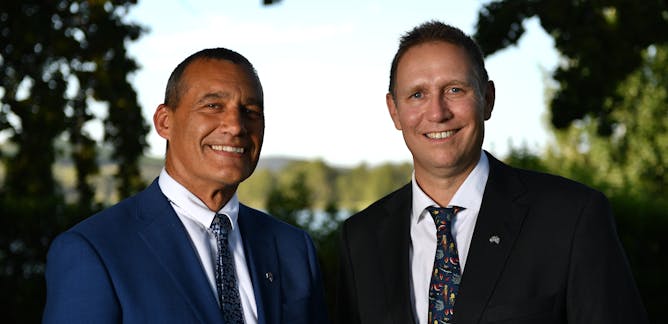
Michelle Grattan, University of Canberra
A retired vet and an anaesthetist from Western Australia share the honour for 2019 after they used their medical and cave-diving skills to rescue 12 boys and their coach from a Thai cave in 2018.
|
|
|
The Conversation Africa
|
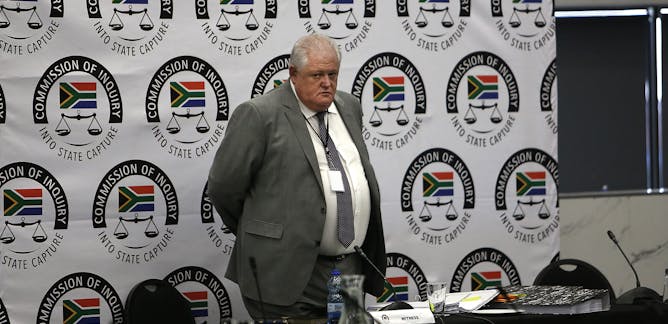
Richard Calland, University of Cape Town
The state capture inquiry is a remarkable political as well as legal event.
| |
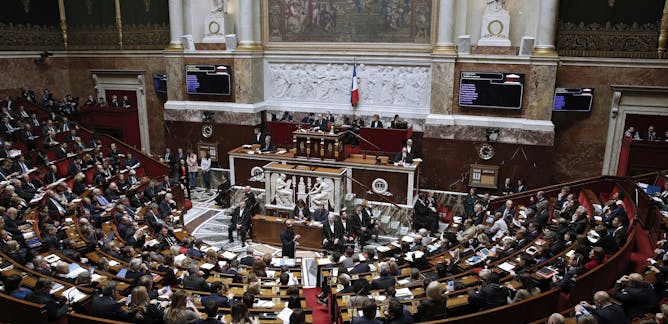
Steven Friedman, University of Johannesburg
The argument isn't whether African democracies are better than those in the West. It's simply that the idea of "real" and "not yet real" democracies expresses a colonial mentality, not reality.
|
|
|
The Conversation Spain
|

Jane Herbert, University of Wollongong; Elisabeth Duursma, University of Wollongong
Los niños necesitan la misma información repetida para codificarla permanentemente.
| |

Santiago Iñiguez de Onzoño, IE University
El número de pagos por matrículas de estudiantes de la UE en Reino Unido caerá, pero el impacto en las universidades británicas más prestigiosas probablemente será mínimo.
|
|
|
The Conversation France
|

Jean Louis Vigneresse, Université de Lorraine
Le « shutdown » a eu pour effet de reporter une réunion importante sur la détermination des pôles magnétiques. Pourquoi est-ce si important ?
| |
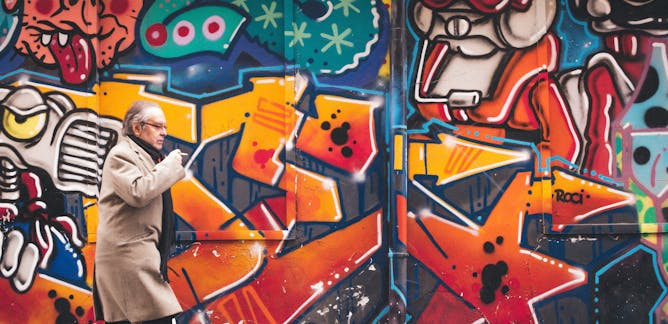
Nick Haslam, University of Melbourne
S'il y a des raisons de penser que la crise de la quarantaine existe, les malaises survenant à cette période auraient pu se produire aussi bien avant qu’après cet « âge mûr » difficile à cerner.
|
|
|
The Conversation Indonesia
|
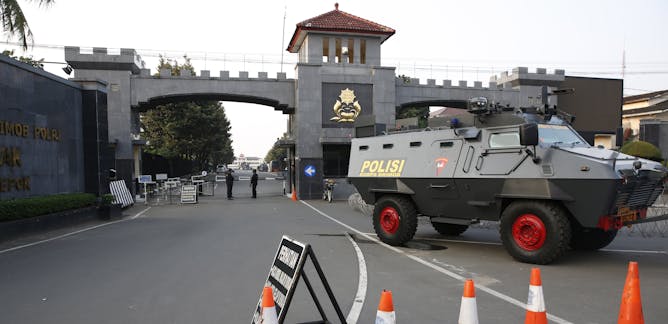
Mirra Noor Milla, Universitas Indonesia; Haykal Hafizul Arifin, Universitas Indonesia
Penelitian terkini di 59 lembaga pemasyarakatan menunjukkan pendekatan ekonomi tidak efektif dalam meredam ideologi radikal narapidana teroris.
| |
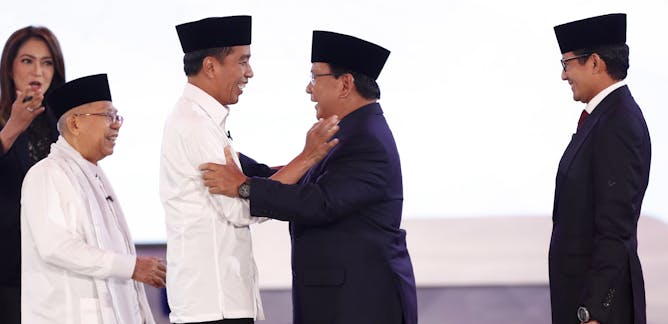
Zuhairan Yunmi Yunan, Universitas Islam Negeri Syarif Hidayatullah Jakarta
Tidak ada langkah konkret dan baru yang ditawarkan oleh kedua pasangan calon–Joko "Jokowi" Widodo - Ma'ruf Amin dan Prabowo Subianto - Sandiaga Uno– dalam memberantas korupsi.
|
|
|
The Conversation UK
|
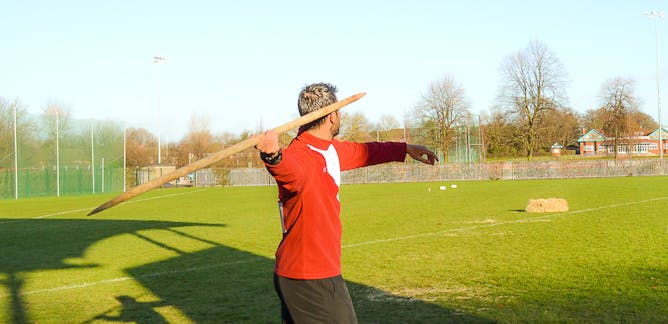
Annemieke Milks, UCL
The first systematic study of the ballistics and accuracy of prehistoric spears suggests Neanderthals could kill at a distance.
| |
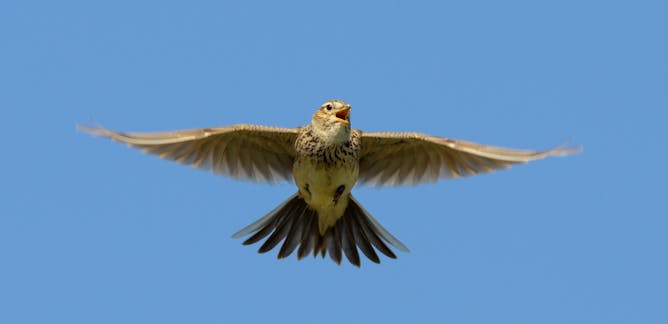
Teresa Lappe-Osthege, University of Sheffield
One gram of songbird meat is estimated to sell for the equivalent of one gram of marijuana.
|
|
|
| |
| |
| |
| |
| |
| |
|
|
|
|
|
|
|